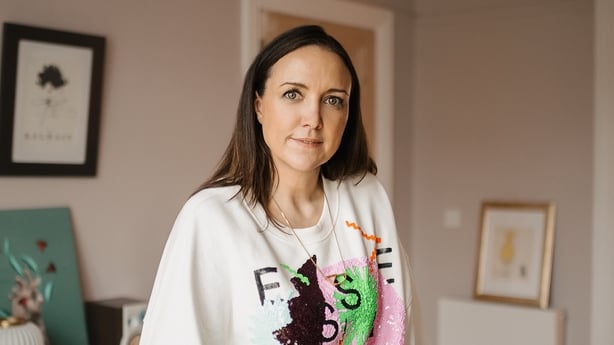BOUNCE is a new design event set to take place at Trinity College Dublin on January 9th and 10th, 2025.
Crafted by the design community for the design community, the two-day event promises a fresh, dynamic perspective on the modern design process.
Below, BOUNCE organizer Danielle Townsend explores how emerging technologies are transforming design practices.
Design is at a fascinating crossroads, shaped by the rapid advancements of emerging technologies like AI, AR/VR, and interactive media. This evolution represents a blend of traditional skills with modern tools, where designers are no longer just creatives but technologists—merging artistry with cutting-edge innovation. The transformation is redefining the design landscape, pushing boundaries, and creating new opportunities.
At the heart of design lies the process—a series of creative decisions that are deeply human and resistant to automation. Designers continually challenge themselves, adapting workflows to integrate emerging tools. However, these technologies should be viewed as enablers, not replacements. For instance, AI tools enhance creativity by automating repetitive tasks, generating design suggestions, and streamlining workflows. Yet, they rely on the human touch to interpret and refine results.
Historically, emerging technologies have always disrupted and democratized creative fields. When the Mac computer entered design studios or digital cameras revolutionised photography, sceptics feared career obsolescence. But these innovations did the opposite: they broadened accessibility, invited experimentation, and unlocked new creative avenues. Today, generative AI is taking on a similar role, allowing rapid prototyping and pushing the limits of inventive practices.
Creativity remains the driving force. AI and other tools, no matter how advanced, rely on humans to frame problems, ask the right questions, and evaluate outcomes.
AR and VR technologies are revolutionizing client interactions, particularly in architecture and storytelling. These immersive tools enable clients to experience designs in three dimensions, fostering a deeper understanding of spatial and aesthetic elements. The impact is profound, making collaboration more intuitive and decision-making more informed. Imagine walking through a virtual home before it's built or interacting with a product prototype in augmented reality—these experiences are redefining how design is presented and understood.
The future designer operates at the intersection of multiple disciplines—combining expertise in technology, sociology, and business. Collaboration is essential, as modern challenges require diverse perspectives and collective problem-solving. However, with great power comes great responsibility! The rise of AI and algorithms introduces ethical considerations. Without care, biases embedded in these systems can reinforce stereotypes or exclude underrepresented voices. Designers must act as stewards of ethical innovation, balancing creativity with accountability.

Sustainability also plays a pivotal role in shaping the future of design. Emerging technologies now enable life-cycle analyses and the use of eco-friendly materials, helping designers create solutions that are both efficient and environmentally conscious. The focus is shifting toward regenerative design practices, which actively restore ecosystems rather than exploit them.
There’s a growing democratisation of design, fuelled by accessible tools like Canva and Figma. This democratisation invites new voices into the conversation, ensuring more diversity in design outputs. Yet, it also raises the stakes for professional designers to offer value beyond aesthetics—through strategy, problem-solving, and critical thinking.

Finally, creativity remains the driving force. AI and other tools, no matter how advanced, rely on humans to frame problems, ask the right questions, and evaluate outcomes. Knowledge is power, and the ability to harness these tools effectively requires not just technical expertise but also ethical and societal awareness. As algorithms increasingly shape culture, designers must remain vigilant, understanding the environmental and cultural costs of these technologies.
The transformation of design practices by emerging technologies is inevitable, but it’s also exciting. By embracing innovation responsibly, designers can lead the way in creating a future that is creative, inclusive, and sustainable. Events like BOUNCE play a critical role in facilitating this discourse, ensuring the design community stays at the forefront of progress. Together, technology and human ingenuity promise to shape a better, more inspired world.
BOUNCE takes place at Trinity College Dublin on January 9th and 10th, 2025 - find out more here.

